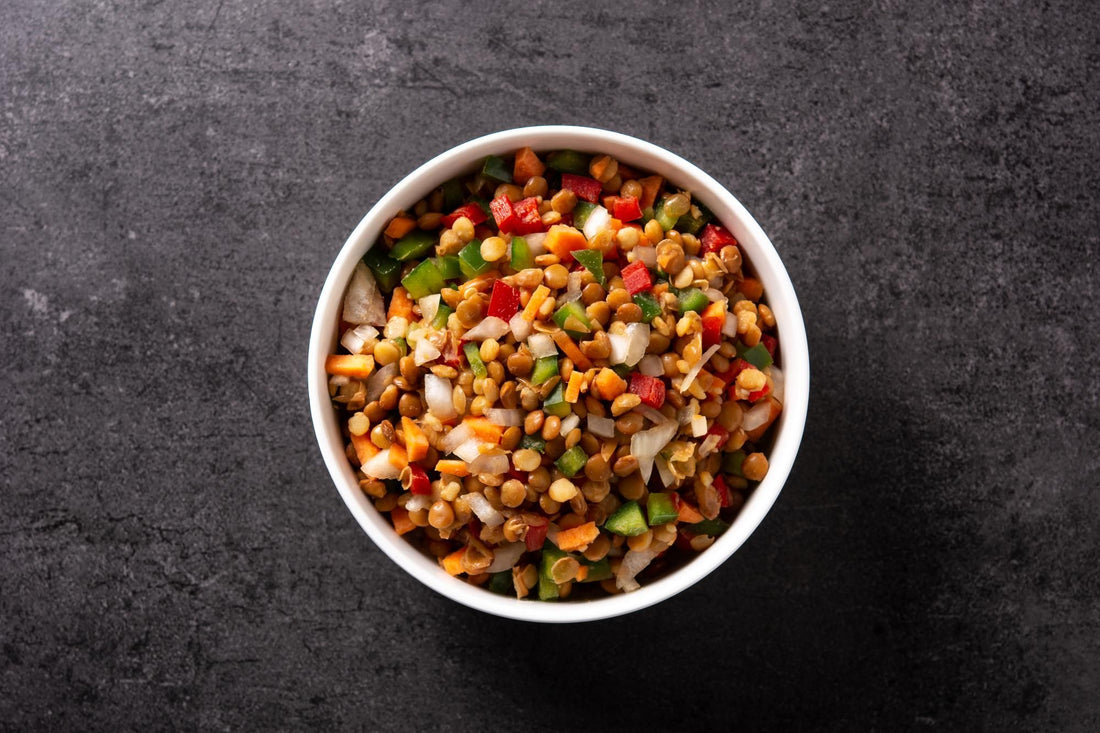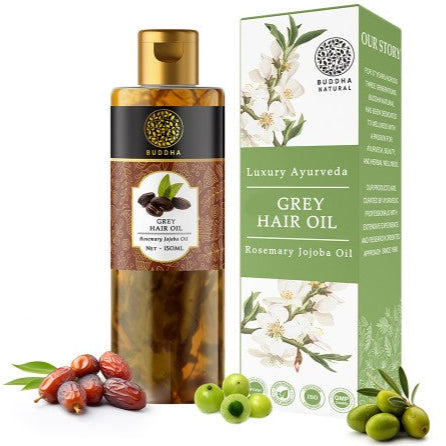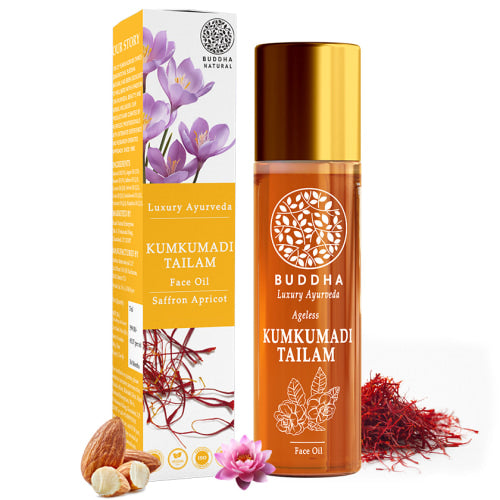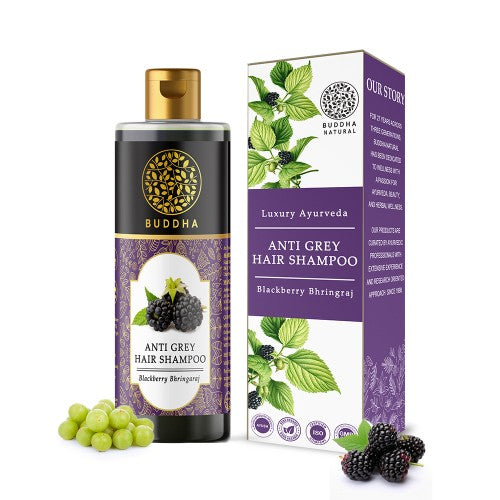what is Sprouts
Sprouts are the young shoots of various types of vegetables, grains, and legumes that are typically consumed raw or lightly cooked. They are produced by germinating seeds until they develop into young plants, at which point they are harvested for consumption. Common types of sprouts include alfalfa, mung bean, lentil, broccoli, and radish sprouts. Sprouts are highly nutritious and are often considered a superfood due to their high levels of vitamins, minerals, and antioxidants. They are also low in calories and fat, making them a healthy addition to any diet.
Types of Sprouts

There are many types of sprouts, which can be broadly categorized into three main groups: vegetable sprouts, grain sprouts, and legume sprouts. Some of the most popular types of sprouts include:
- Alfalfa sprouts
- Broccoli sprouts
- Mung bean sprouts
- Lentil sprouts
- Radish sprouts
- Clover sprouts
- Sunflower sprouts
- Soybean sprouts
- Wheatgrass sprouts
- Quinoa sprouts
Each type of sprout has its own unique flavor and nutritional profile, but all are rich in vitamins, minerals, and antioxidants. They are also a good source of fiber, protein, and enzymes, making them a healthy addition to any diet.
Alfalfa sprouts
Alfalfa sprouts are one of the most common types of sprouts and are made from the young shoots of the alfalfa plant (Medicago sativa). These sprouts are typically consumed raw and have a mild, slightly nutty flavor. Alfalfa sprouts are a great source of vitamins C and K, as well as folate and dietary fiber. They are also low in calories and fat, making them a healthy addition to salads, sandwiches, and wraps. Alfalfa sprouts can be easily grown at home with a sprouting jar or purchased pre-packaged at most grocery stores. However, it is important to note that like any raw produce, alfalfa sprouts can sometimes be contaminated with harmful bacteria such as E. coli or Salmonella, so it is important to handle and store them safely to reduce the risk of foodborne illness.
Broccoli sprouts
Broccoli sprouts are the young shoots of broccoli seeds that have just started to grow. They are similar in appearance to alfalfa sprouts but have a distinct flavor and aroma that is similar to broccoli. Broccoli sprouts are a good source of sulforaphane, a compound that has been shown to have potent anti-inflammatory and antioxidant properties. They are also rich in vitamins A, C, and K, as well as folate and fiber. Due to their high nutrient content, broccoli sprouts are often considered a superfood and are a popular addition to salads, sandwiches, and other dishes. They are easy to grow at home and can be found in many health food stores and supermarkets.
Mung bean sprouts
Mung bean sprouts are the young shoots of mung beans that have been allowed to germinate and grow for several days. Mung beans are small, green legumes that are native to India and are commonly used in Asian cuisine.
To grow mung bean sprouts, the beans are soaked in water for several hours, then drained and rinsed. They are then left to germinate in a dark, humid environment, such as a sprouting jar, for two to four days. During this time, the beans will sprout and grow into thin, white shoots.
Mung bean sprouts are a popular ingredient in many Asian dishes, particularly in Chinese and Korean cuisine. They have a crisp texture and a slightly sweet, nutty flavor. They are also a rich source of vitamins A and C, as well as potassium and iron. Mung bean sprouts are low in calories and fat, making them a healthy addition to any diet. They can be eaten raw in salads or sandwiches, stir-fried with vegetables or meat, or added to soups and stews.
Lentil sprouts
Lentil sprouts are a type of legume sprout produced by germinating lentil seeds until they develop into young plants. Lentil sprouts have a crunchy texture and a slightly sweet, nutty flavor. They are highly nutritious and are rich in protein, fiber, vitamins, and minerals. Lentil sprouts are a popular ingredient in salads, sandwiches, and wraps, and can also be used as a garnish or topping for soups and stews. Like other sprouts, lentil sprouts are low in calories and fat, making them a healthy addition to any diet. They are also easy to grow at home, requiring only a few days of soaking and rinsing to produce a fresh, tasty batch of sprouts.

Radish sprouts
Radish sprouts are young shoots that are grown from radish seeds. They have a slightly spicy and tangy flavor, similar to that of mature radishes, and are often used as a garnish or added to salads, sandwiches, and other dishes for their unique taste and texture. Radish sprouts are highly nutritious and are a good source of vitamins C and E, folate, and antioxidants. They also contain fiber and other beneficial plant compounds that have been shown to have anti-inflammatory and cancer-fighting properties. Radish sprouts are low in calories and fat, making them a healthy addition to any diet. They are easy to grow at home and are a great way to add fresh and flavorful greens to your meals.
Clover sprouts
Clover sprouts are the young shoots of the clover plant that are produced by germinating clover seeds. They are commonly consumed as a raw or lightly cooked vegetable and are often used as a salad ingredient or sandwich topping. Clover sprouts have a mild, sweet flavor and a crunchy texture, similar to alfalfa sprouts.
Like other types of sprouts, clover sprouts are highly nutritious and are a good source of vitamins A, C, and K, as well as folate, fiber, and protein. They also contain antioxidants, which can help prevent cell damage and reduce the risk of chronic diseases such as cancer and heart disease. Additionally, clover sprouts are low in calories and fat, making them a healthy addition to any diet. However, like all sprouts, clover sprouts should be consumed fresh and handled with care to prevent bacterial contamination.
Sunflower sprouts
Sunflower sprouts are the young shoots of sunflower seeds that are harvested after a few days of germination. They are typically eaten raw or lightly cooked and have a mild, nutty flavor. Sunflower sprouts are rich in nutrients such as vitamins A, C, and E, as well as minerals like iron, calcium, and zinc. They are also a good source of protein and fiber, making them a healthy addition to any diet. Sunflower sprouts can be used in a variety of dishes, including salads, sandwiches, and smoothies, or eaten as a snack on their own. They are a popular ingredient in raw and vegan diets due to their high nutrient content and versatility in recipes.
Soybean sprouts
Soybean sprouts are the young shoots of the soybean plant, typically grown from mung beans, and are a popular ingredient in many Asian cuisines. They are produced by soaking and sprouting soybeans until they develop into young plants, at which point they are harvested for consumption. Soybean sprouts are a good source of protein, fiber, and vitamins, including vitamin C and folate. They are also low in calories and fat, making them a healthy addition to any diet. Soybean sprouts have a mild, nutty flavor and a crunchy texture, and can be used in a variety of dishes, including stir-fries, salads, and soups.
Wheatgrass sprouts
Wheatgrass sprouts are the young shoots of the wheat plant that are typically consumed raw or juiced. They are produced by soaking wheat berries in water until they sprout, at which point they are harvested and consumed. Wheatgrass is a popular superfood due to its high nutrient content, which includes vitamins A, C, and E, as well as minerals such as iron, calcium, and magnesium. Wheatgrass sprouts are also rich in chlorophyll, which is thought to have numerous health benefits, including detoxification, immune system support, and improved digestion. Wheatgrass sprouts can be added to smoothies, salads, or juiced for a quick and easy nutrient boost.
Quinoa sprouts
Quinoa sprouts are the young shoots of quinoa seeds that have been allowed to germinate. Quinoa is a gluten-free, high-protein grain that has become increasingly popular in recent years due to its many health benefits. When quinoa seeds are soaked and rinsed in water, they sprout and develop into small green shoots within a few days.
Quinoa sprouts are highly nutritious and are rich in vitamins, minerals, and antioxidants. They are an excellent source of protein and fiber and contain high levels of essential amino acids, making them a complete protein source. Quinoa sprouts are also a good source of vitamin C, vitamin E, and folate.
Quinoa sprouts have a slightly nutty and earthy flavor and can be added to salads, sandwiches, wraps, and other dishes to add a healthy crunch and boost of nutrients. They are also commonly used in smoothies and juicing recipes.
Sprouts Calories
Green moong sprouts, measuring one cup, contain roughly 257 calories, with the following macronutrient breakdown:
- Carbohydrates: 174 calories
- Proteins: 74 calories
- Fats: 9 calories
For a typical adult following a 2000 calorie diet, one cup of moong sprouts provides approximately 13% of their daily calorie needs. It's important to note that the distribution of calories can vary depending on the type of sprouts.
Below is a comparison of calorie distributions for different types of sprouts:
Different Types of Sprouts Calorie & Nutrition Distribution

Is Sprouts Healthy?

When moong seeds are sprouted, it triggers the activation of previously inactive enzymes, resulting in a 15 to 30 percent increase in its nutritional value. This increase in nutrients also applies to sprouts from other edible seeds, making them a healthy and nutritious addition to any diet.
Sprouts are packed with antioxidants that help combat free radicals in the body, promoting youthful skin and healthy hair. Studies have shown that sprouts are a rich source of phytochemicals and amino acids, and they have a protective effect against cancer in various organs. It's clear that incorporating sprouts into your diet can be highly beneficial for your overall health and wellbeing.
Sprouts Benefits
The benefits of eating sprouts daily are:
1. Better Digestion
Sprouts are known to promote good digestion due to their key components, such as: Fiber - Sprouts are a great source of insoluble fiber which aids in promoting regular bowel movements and alleviates constipation.
Digestive Enzymes - These are natural enzymes present in sprouts that aid in the digestion of food and help to prevent constipation. Incorporating sprouts into your diet is an excellent way to promote healthy digestion and maintain regularity in bowel movements. With their high fiber and enzyme content, sprouts can be a valuable addition to anyone's diet who is looking to improve their digestive health.
2. Weight Reduction
Fibre-rich sprouts make you feel full. They are high on fibres and low in calories and therefore play a significant role in weight reduction.
3. Muscle Building
Including sprouts in your daily diet can help to promote muscle development, thanks to their high protein content. Vegetarian bodybuilders often favour black gram sprouts due to their impressive protein levels.
4. Boosts metabolism
Consuming sprouts on a daily basis may enhance your metabolic rate and provide sustained energy throughout extended work hours, owing to their abundance of antioxidants and dietary fiber.
5. Anaemia Prevention
According to a study, sprouts are an outstanding source of nutrition and can serve as a valuable dietary supplement. The study found that sprouts are particularly effective in preventing iron deficiency anemia, as they are abundant in iron.
6. Immunity Booster
Sprouts are a nutrient-dense food that contain a variety of vitamins, including vitamin B, vitamin C, and vitamin E, as well as other beneficial compounds such as phytochemicals. Incorporating sprouts into your diet can help strengthen your immune system, making it more resilient to common illnesses like the cold and flu. Eating sprouts regularly can provide a range of health benefits, including protection against these types of infections.
7. Anti-Ageing
Sprouts are packed with antioxidants, which provide them with powerful anti-aging properties. Environmental factors such as harsh weather conditions, pollution, and stress can leave the skin looking dry and lackluster. However, incorporating sprouts into your diet can help nourish the skin with essential vitamins B, C, and E, as well as antioxidants. These nutrients work together to promote healthy, glowing skin and help to reduce the visible signs of aging, leaving you looking and feeling youthful.
8. Improves Drive
Sprouts are a valuable source of selenium, a mineral that plays a crucial role in maintaining normal reproductive functions in men. Research has shown that incorporating sprouts into your daily diet can lead to improved sperm quality and mobility, while also reducing the risk of premature ejaculation and erectile dysfunction. Selenium has been shown to have a positive effect on male fertility, and the high concentration of this mineral in sprouts makes them a great dietary addition for men looking to enhance their reproductive health. By regularly consuming sprouts, men can benefit from the many advantages of this nutrient-rich food.
9. Cardio-Protective
Sprouts possess cardioprotective properties that help shield the heart against cholesterol-related ailments. Sprouts are especially effective at regulating levels of bad cholesterol, which can cause various cardiovascular diseases. With their high content of omega-3 fatty acids, sprouts are instrumental in promoting heart health and maintaining its youthfulness.
10. Eye health
In today's world, where many aspects of our lives have shifted to the online space, taking care of our eyes is of utmost importance for overall well-being. Fortunately, sprouts can provide an effective solution. They are a natural source of antioxidants that help to prevent oxidative stress and premature degeneration of the eyes. Incorporating sprouts into your diet can provide your eyes with the necessary nutrients to stay healthy and strong, even in a world that is increasingly reliant on screens.
11. Long Hair
Long and strong hair are one of the benefits of eating sprouts daily. Sprouts are protein-rich that nourish the hair roots and prevent their damage.
Sprouting Instructions
Here are some general instructions on how to sprout seeds at home:
-
Choose the seeds you want to sprout: You can use a wide variety of seeds for sprouting, including alfalfa, mung beans, lentils, broccoli, radish, and many others. Make sure the seeds are fresh and high quality.
-
Rinse the seeds: Rinse the seeds in cool water to remove any dirt or debris.
-
Soak the seeds: Soak the seeds in a bowl or jar filled with water for 4-12 hours. The amount of time required will depend on the type of seed you are sprouting. Drain the water and rinse the seeds thoroughly after soaking.
-
Place the seeds in a sprouting container: You can use a jar with a mesh lid, a sprouting tray, or any other container that allows water to drain out easily. Spread the seeds evenly across the bottom of the container.
-
Rinse and drain the seeds twice a day: Rinse the seeds with cool water twice a day, making sure to drain out all the water each time. This will help prevent mold and bacteria from forming.
-
Keep the seeds in a warm, dark place: Store the sprouting container in a warm, dark place, such as a kitchen cabinet or pantry. Avoid exposing the seeds to direct sunlight.
-
Harvest the sprouts: Once the sprouts have grown to the desired length (usually 2-7 days), harvest them by rinsing them thoroughly and removing any seed husks or roots.
-
Store the sprouts: Store the sprouts in an airtight container in the refrigerator for up to a week.

Note: Be sure to follow proper food safety guidelines when sprouting seeds, as sprouts can be a source of foodborne illness if not handled properly.
References & Sources
- Chevan, JK (1989). Nutritional improvement of cereals by sprouting. Crit Rev Food Sci Nutr.
- Perkins, Sharon (2019). Are kidney beans toxic. Retrieved March 14, 2021.
- Plant-based nutrition. Spring 2002. Archived from the original on 2004-07-28. Retrieved 2007-11-14.
- Neuman, William (10 June 2011). The Poster Plant of Health Food Can Pack Disease Risks. New York Times. Retrieved 11 June 2011.
- Food and Drug Administration (May 17, 2005). Transcript of Proceedings of Public Meeting on Sprout Safety. Food and Drug Administration. Retrieved 19 November 2007.
- Health Canada (2007-01-15). Sprouted Beans and Seeds. Retrieved 19 November 2007.
- Harrison, H. C. Growing Edible Sprouts at Home (PDF). Retrieved 5 September 2016.
- Suslow, Trevor V.; Linda J. Harris. Growing Seed Sprouts at Home (PDF). Retrieved 23 November 2007.



















